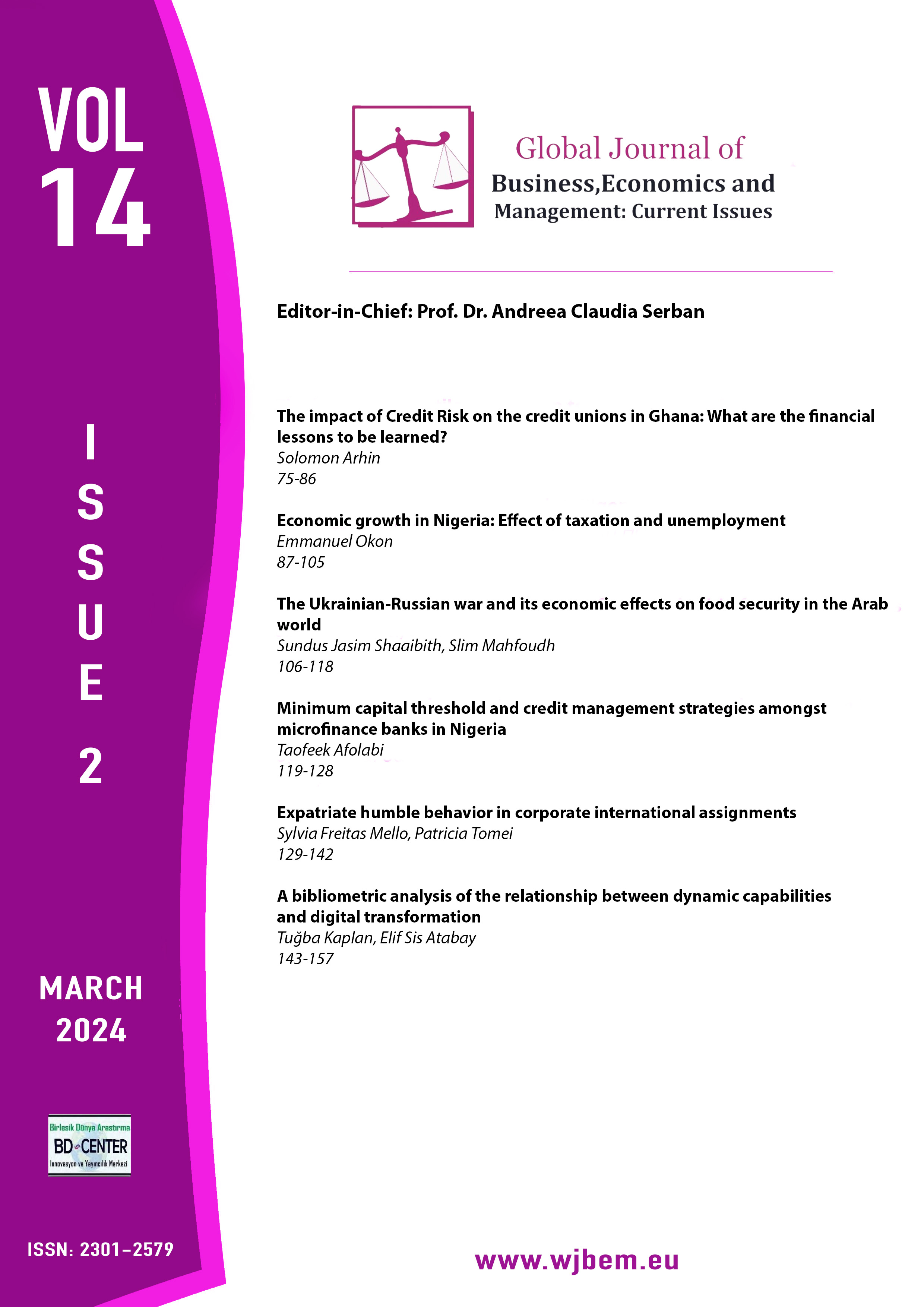Expatriate humble behavior in corporate international assignments
Main Article Content
Abstract
The global economy is promoting an increasingly competitive environment for companies operating across borders. To support the demand for this globalization, multinational companies need competent expatriates to succeed in their operations abroad. This paper aims to explore and describe the value of humility in Global Mobility, analyzing how expatriate humble behavior operates in corporate international assignments, based on the perspective of a group of experts in the field. A qualitative approach with semi-structured interviews was conducted with 19 senior managers. Content analysis was used to understand expatriates and HR's perceptions of Expressed humble behaviors (EHB), Relevance of humble behaviors (RHB); Context of Humble behavior (CHB), and Outcomes of humble behavior (OHB) with a focus on – Adaptation. Results suggest that humility is important to all, but lack of humility in Global Mobility can be a roadblocker; Humility builds connections, trust, and reliable and long-term relationships, highly contributing to expatriates´ adaptation to international assignments. Additionally, humility needs favorable conditions to flourish, and it may be associated with weakness, in certain contexts. The study sheds light on the association between the value of humility and expatriate behavior, a link little explored in the field of Global Mobility. The distinctive findings of this research bring a contribution to assigned expatriates (AEs), and, consequently, to organizations that demand, every day, more sharing, cooperation, and continuous learning, to achieve their goals and objectives.
Keywords: Behavior; expatriate; humble behaviour; humility; international assignments
Downloads
Article Details

This work is licensed under a Creative Commons Attribution-NonCommercial-NoDerivatives 4.0 International License.
The Global Journal of Business Economics and Management: Current Issues is an open-access journal. The copyright holder is the author or authors. Licensee: Birlesik Dunya Yenilik Arastirma ve Yayincilik Merkezi, North Nicosia, Cyprus. All articles can be downloaded free of charge. Articles published in the Journal are Open-Access articles distributed under the CC-BY license [Attribution 4.0 International (CC BY 4.0)].

